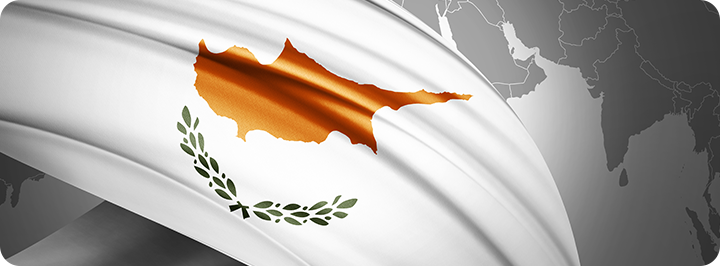How New Substance Requirements in the Marshall Islands will impact your company?

For many years the Marshall Islands were included in lists of non-cooperative tax havens. Within the recent years, RMI introduced new substance requirements and implemented rules on automatic exchange of information in order to comply with the BEPS requirements.
As the implementation of BEPS standards continue to evolve across the globe, the Marshall Islands remain to be tax-friendly jurisdiction for non-resident entities. Non-resident domestic entities enjoy low taxes and do not pay certain taxes, such as capital gains, withholding tax on interests and dividends, etc. All information about beneficial owners and directors is held privately. Another sign that this jurisdiction has a stable reputation, is that RMI companies do not have any difficulties with opening bank accounts in other countries, including in Swiss banks.
In 2019 the RMI introduced new substance requirements and made commitments on implementation of standards of transparency and exchange of information. As a result, the Organization for Economic Cooperation and Development (OECD) rated the Marshall Islands as Largely Compliant with the international standard of transparency and exchange of information on requests. Since 2016 the Marshall Islands have made good progress in addressing a number of serious deficiencies identified, most importantly with the cancellation of bearer shares, which nonetheless remains to be finalised. The Marshall Islands have provided the registered agent with supervisory functions in order to ensure the availability of ownership and accounting information.
Another international organization Financial Action Task Force (FATF) has reviewed the Marshall Islands and concluded that the country takes actions to prevent all sorts of illegal activities, being largely compliant with FATF standards.
The European Union removed the Marshall Islands from the EU blacklist of non-cooperative jurisdictions for tax purposes on 14 November 2019 followed by France that took off the RMI from its blacklist on 7 January 2020.
What is the impact of new substance requirements on existing businesses in the Marshall Islands?
The new economic substance requirements cover non-resident domestic entities that are tax residents in the RMI and derive income from “relevant activities”. The relevant activities are limited to: (a) distribution and service center business; (b) financing and leasing business; (c) fund management business; (d) headquarters business; (e) holding company business; (f) intellectual property business; (g) shipping business; (h) banking business; and (i) insurance business. In the meantime, for each financial period in which an entity derives income from a relevant activity, it must have economic substance in the RMI only in relation to the portion of its business which is a relevant activity. If no income is derived from a relevant activity or no relevant activity is performed, then the entity is not required to have economic substance with regard to that portion of its business for that financial period.
If an non-resident domestic entity (“NRDE”) is a tax resident of another country by reason of its domicile, residence or otherwise, then it must provide evidence of being a tax resident of another country. The same applies to foreign maritime entities which fall within the scope of new economic substance requirements if they are centrally managed and controlled in the RMI.
To prove the tax residency of another jurisdiction, an entity can provide such evidence as a tax identification number, tax residence certificate, assessment or payment of a tax liability in another jurisdiction. It is possible to present other evidence to prove a tax residency of another jurisdiction.
What are the reporting requirements as per the new economic substance requirements?
The annual reporting requirements apply only to non-resident domestic entities and foreign maritime entities that fall within the scope of new economic substance requirements. Thus, it excludes entities that are tax resident of other jurisdictions and do not perform “relevant activities” as described above. Companies deriving income from activities other than “relevant activities” do not need to submit annual tax reports in the RMI.
Starting from July 2020 non-resident domestic entities and foreign maritime entities file an Economic Substance Declaration to the Registrar of Companies of the RMI. The reporting period is from the annual anniversary date of the entity until the twelve month term thereafter.
Non-compliance with the reporting requirements is subject to a fine up to $10,000 for the shareholders and directors. And further such non-compliant companies can be liquidated.
Why does it matter for clients that have companies in the Marshall Islands?
RMI companies need to analyze its tax residency and whether they are domiciled in the Marshall Islands or in another country. If domiciled in another country, it is required to submit sufficient evidence to the Registrar of Companies in the Marshall Islands in order to avoid tax reporting.
Ecompany.ltd provides consultation on economic substance requirements in the Marshall Islands. Due to recent changes, we assist our clients with:
- defining tax residency and preparing necessary evidence if an entity is a tax resident of another jurisdiction;
- consultations on “relevant activities” as per new economic substance requirements;
- preparation of annual reports.
Further, we assist our clients with company formation in the Marshall Islands within 2 business days. Please contact us on Ecompany.ltd for enquiries.



